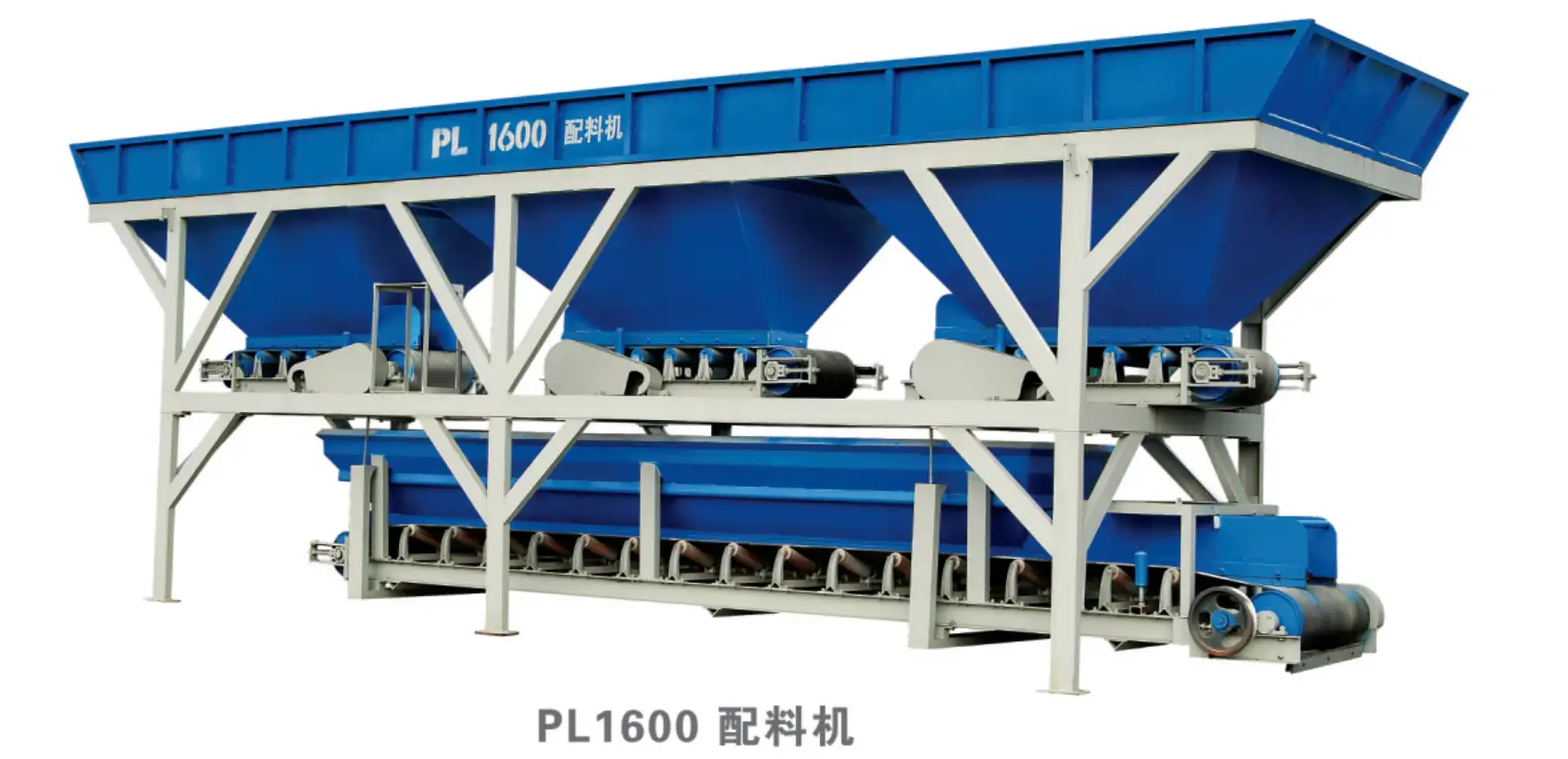The Future of Interlocking Brick Machines: Technology and Automation
The future of brick making is rapidly evolving, driven by advancements in technology and automation, with Máquinas KBL liderando o caminho da inovação. Moderno interlocking brick machines estão a tornar-se mais inteligentes, mais rápidas e mais eficientes, graças a sistemas automatizados que reduzem significativamente o trabalho manual, assegurando simultaneamente um controlo de qualidade preciso. Máquinas KBL está na vanguarda da integração da IA e da aprendizagem automática na máquinas de fabrico de tijolos, allowing machines to optimize production cycles, monitor raw material usage, and predict maintenance needs. These technological advancements not only improve efficiency but also enhance the overall quality and consistency of the bricks produced.
A automatização está também a desempenhar um papel fundamental na redução do impacto ambiental, uma área em que Máquinas KBL se destaca. Ao automatizar os processos, o consumo de energia é significativamente reduzido, o que diminui a pegada de carbono da interlocking brick machine fabrico. Para além disso, Máquinas KBL desenvolveu máquinas que podem incorporar materiais reciclados, como cinzas volantes e escórias, no processo de produção, promovendo ainda mais a sustentabilidade. À medida que a automação se torna mais sofisticada, Máquinas de fabrico de tijolos da KBL Machinery will continue to evolve, offering greater control and customization, enabling manufacturers to meet specific project requirements with minimal waste and maximum efficiency.
Olhando para o futuro, o futuro da Máquinas de fazer blocos será definida por níveis ainda mais elevados de conetividade e de conhecimentos baseados em dados. Máquinas KBL está a investir ativamente em tecnologias inteligentes que permitirão aos operadores monitorizar remotamente a produção em tempo real, aceder a análises de desempenho e tomar decisões informadas para otimizar as operações. À medida que o sector da construção avança para soluções mais automatizadas e ecológicas, Máquinas KBL está preparada para liderar esta transformação, fornecendo as tecnologias mais avançadas, fiáveis e sustentáveis máquinas de fabrico de tijolos no mercado.
Como iniciar um negócio de fabrico de blocos com a máquina certa
- Avaliar a procura do mercado: Antes de investir num máquina de fabrico de blocosPara saber mais, é fundamental analisar a procura do mercado local por diferentes tipos de blocos. Compreender a procura ajudá-lo-á a escolher o interlocking brick machine e tamanhos de bloco a produzir.
- Selecionar a máquina de fazer blocos certa: Selecionar uma máquina de entre Máquinas KBL que se adapte às suas necessidades de produção. Considere factores como o nível de automatização, a capacidade de produção e a versatilidade dos tipos de blocos para garantir que consegue atingir os seus objectivos comerciais de forma eficiente.
- Considerar a localização e o espaço: Establish your block manufacturing plant in a location that has sufficient space for the máquina de fabrico de blocos, raw material storage, and block curing. Make sure the site is accessible to your target market for easy distribution.
- Financiamento seguro: Calcular os custos de aquisição de um máquina de fabrico de blocosO plano de negócios deve incluir o custo da empresa, matérias-primas, mão de obra e outras despesas operacionais. Desenvolva um plano financeiro e obtenha financiamento através de empréstimos, investidores ou poupanças pessoais para iniciar o seu negócio.
- Formar a sua força de trabalho: Once you have acquired an interlocking brick machine de Máquinas KBLSe a máquina for usada para a produção de alimentos, invista na formação dos seus empregados para a operarem eficientemente. Uma formação adequada garante um funcionamento sem problemas e minimiza o tempo de inatividade da produção.
Sobre a KBL Machinery
Máquinas KBL is a leading manufacturer of innovative and high-performance máquinas de fabrico de tijolos e blocos, dedicated to providing cutting-edge solutions for the construction industry. As a premier fornecedor de equipamento de construção, Máquinas KBL offers a range of advanced machines that cater to various production needs, from small-scale projects to large industrial applications. Our commitment to technological innovation ensures that every máquina de fabrico de blocos is designed for optimal performance, energy efficiency, and durability, making Máquinas KBL o parceiro de confiança para empresas de todo o mundo que procuram melhorar as suas capacidades de produção.

